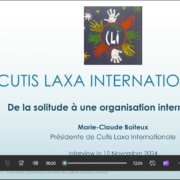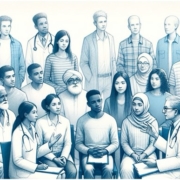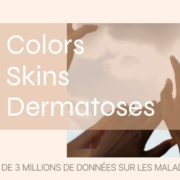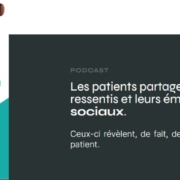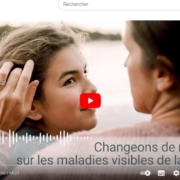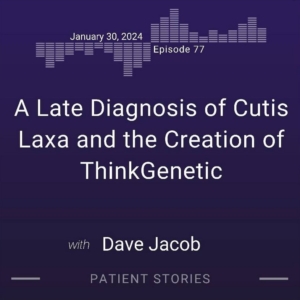In the Media
02nd September 2024
Info-Chalon (newspaper) Official opening of the resource center for tele-expertise in dermatology in Chalon-sur-Saône.
10th September 2024
Le Journal de Saone et Loire (Newspaper) Official opening of the resource center for tele-expertise in dermatology in Chalon-sur-Saône.
29th November 2024
Charente Libre Handing over the € 2,500 check to the benefit of Cutis Laxa Internationale by Triathlon de Sireuil
Autumn 2024
la Gazette Bonsoise Cutis Laxa Internationale, beyond the frontiers of Bons en Chablais


